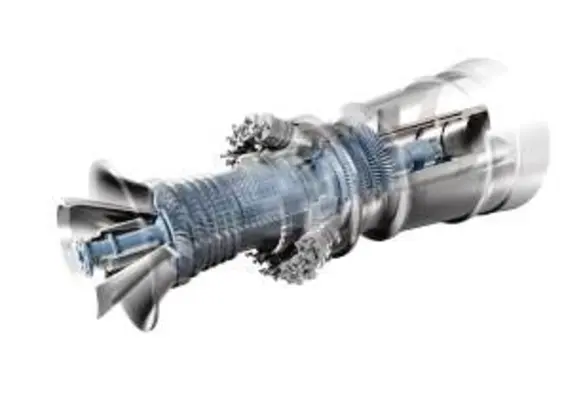Qatar’s RasGas has completed a 10-year Low NOx retrofit programme across trains 1, 2, 3, 4, Al Khaleej Gas 1, and associated utilities, reducing its nitrogen oxides (NOx) emissions intensity by around 90 per cent, compared to 2006 levels
The programme, which was implemented in cooperation with the Ministry of Municipality and Environment (MME), is a significant step in mitigating environmental concerns about local air quality, according to industry sources.
RasGas had introduced GE Dry Low NOx technology in 2007 to the company’s gas-fired turbines built before 2005. It subsequently ensured that emissions from all applicable combustion units meet, or fall below, Qatar’s applicable regulatory limits.
Hamad Mubarak Al Muhannadi, RasGas CEO, stated, “We believe that it is our duty to make a positive environmental contribution where we can, and to mitigate any impacts associated with the activities under our control as far as possible. As a Qatari company, we also embrace our responsibilities to our local communities, and this includes ensuring we play a constructive role in protecting the quality of ambient air.”
Air emissions from oil and gas industry operations may contribute to local environmental impacts such as haze and can affect health, flora and fauna. These emissions include NOx and sulphur dioxide emitted during combustion.
RasGas has long been committed to addressing such environmental challenges, including forming a specially appointed emissions reduction steering committee comprising senior management that is responsible for identifying and coordinating opportunities for emission reductions.
A 2014 Philip Townsend Associates Incorporated benchmarking report confirmed that the company’s NOx emissions intensity, expressed in weight percentage of total intake, was better than the LNG industry average by 70 per cent, with RasGas ranking top of the 14 benchmarked LNG companies.







